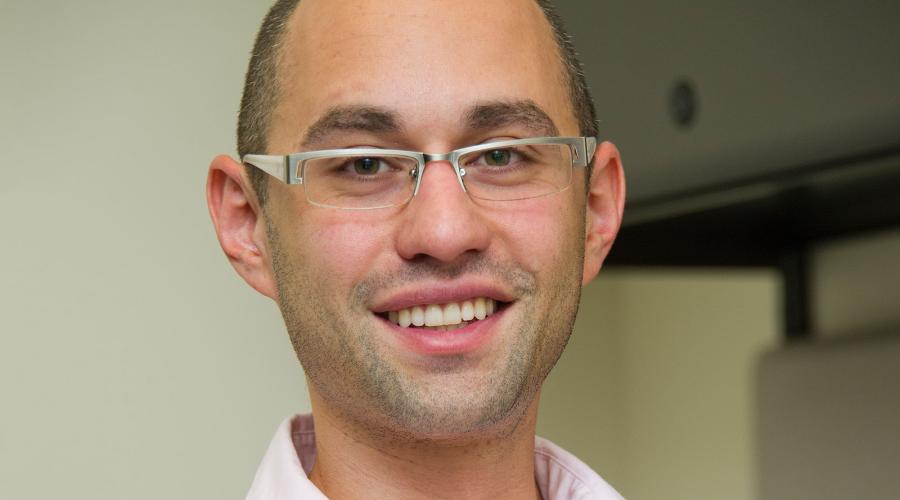
Occupy Central Upshots
Pro-democracy protests that began earlier this year in Hong Kong have alienated “an entire generation” from China, according to Professor Eli Friedman.
“Identification of Hong Kong residents as ‘Chinese’ is at an all-time low,” he said in an interview.
“Even though the occupations will end eventually, this is going to be a source of friction for years and even decades to come,” he said, referring to what has become the only sustained pro-democracy campaign on Chinese territory since 1989.
The movement in Hong Kong began earlier this year in response to the ruling that only candidates approved by a pro-government nominating committee would be allowed to run for Hong Kong’s chief executive seat.
Thousands of protestors blockaded Hong Kong’s streets in three separate encampments, and there were regular protests outside Hong Kong government headquarters. Clashes between protesters and police officers led to arrests and injuries.
Pro-democracy student leader Joshua Wong, who heads the group Scholarism, began a hunger strike Monday in an effort to promote electoral reform. On Tuesday, Occupy Central with Love and Peace founders – a minister and two professors – announced their surrender to the police and urged students to back down.
The division represents “a deepening of the internal rift between the older, more established wing of the movement and the more radical student groups,” Friedman said.
A member of ILR’s Department of International and Comparative Labor, his research includes study of labor, politics, migration and other issues in China.
“The movement is outside the control of Occupy Central now. The protestors do face real challenges, including the possibility of declining public support. But, the bottom line is that many young people have been radicalized by the encounter with the authoritarian state.”
Occupy Central may not have achieved real, universal suffrage for Hong Kong, Friedman said, but succeeded in drawing international attention to China’s controls on Hong Kong.
As a result, “There have been suggestions that they might reconfigure the election committee, to allow for additional seats for groups more likely to be sympathetic to the democracy movement. So this is something.”